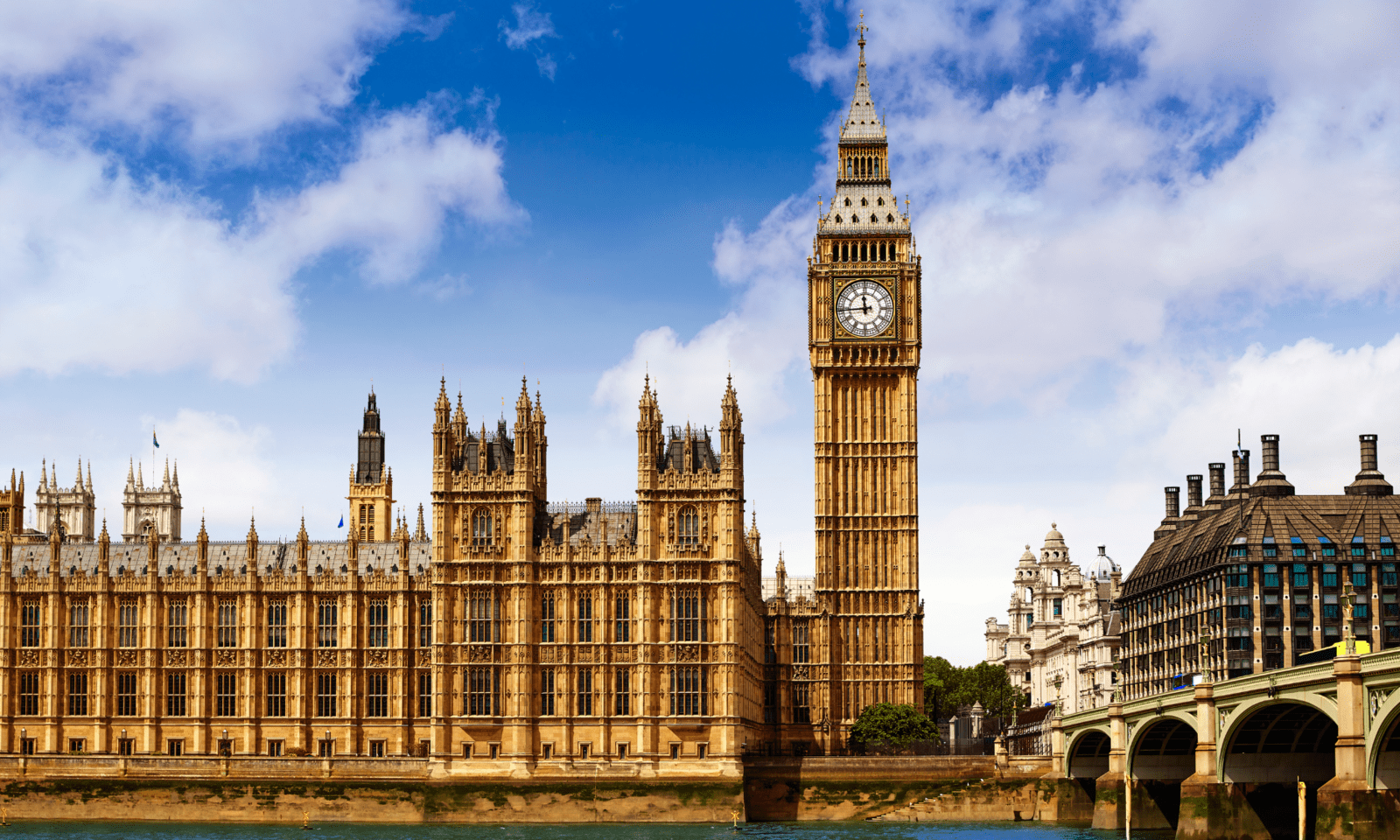
Elsewhere, there were bumper paydays for both pensions and wages. The Chancellor confirmed that the state pension will rise by 8.5% next year to match earnings, staying true to the stipulations of the ‘triple lock’. Meanwhile the National Living Wage will rise by a mammoth 9.8% – and will also extend to 21- and 22-year-olds for the first time.
And what of the broader prospects for the economy? Here the news was a distinctly mixed bag. Projections for the government’s deficit and debt load were each improved, which was good to see. However, although we have so far avoided the recession predicted by the Bank of England and other forecasters, the OBR actually downgraded its economic growth forecasts for next year and the year after – from levels which were pretty meagre to start with.
Remember too that those forecasts take into account all the measures the Chancellor announced today. It therefore seems unlikely that the extended relief on business rates, expanded Enterprise Zones and ‘full expensing’ business investment tax cut will prove all that effective in juicing the economy.
Still, investors should keep in mind that it is often not the case that economies and stock markets move in lockstep. The UK market continues to play host to a number of high-quality companies trading at what appear to be attractive valuations, with much negativity now behind us and supportive interest rate cuts likely to be on the way at some point next year.
So there we have it. If all the Autumn Statement excitement and changes of direction have been just too much for you, then get yourself down to the pub for a fortifying drink. No increase in alcohol duties until August (!)
Key measures announced for England (national variations for Scotland, Wales and Northern Ireland may apply)
Personal taxation
- Main rate of employee National Insurance to be cut from 12% to 10% from 6 January
- Class 2 National Insurance – paid by self-employed people earning more than £12,570 – to be abolished entirely from April
- Class 4 National Insurance – paid by self-employed people earning between £12,570 and £50,270 – to be cut from 9% to 8% from April
- ‘Full expensing’, allowing companies to deduct business investment from profits for taxation purposes, to be made permanent
- 75% business rates discount for retail, hospitality and leisure firms extended for another year
- Alcohol duties frozen until 1 August
Wages, pensions and benefits
- The National Living Wage will rise from £10.42 to £11.44 an hour from next April, an increase of 9.8%
- The state pension will rise by 8.5% from April, matching September’s rate of average earnings growth
- Means-tested and disability benefits, will each rise by 6.7%, matching September’s rate of inflation
- Reforms are to be instituted to the Work Capability Assessment for those looking to claim sickness-related out-of-work benefits, reflecting the increased availability of working from home since the pandemic
